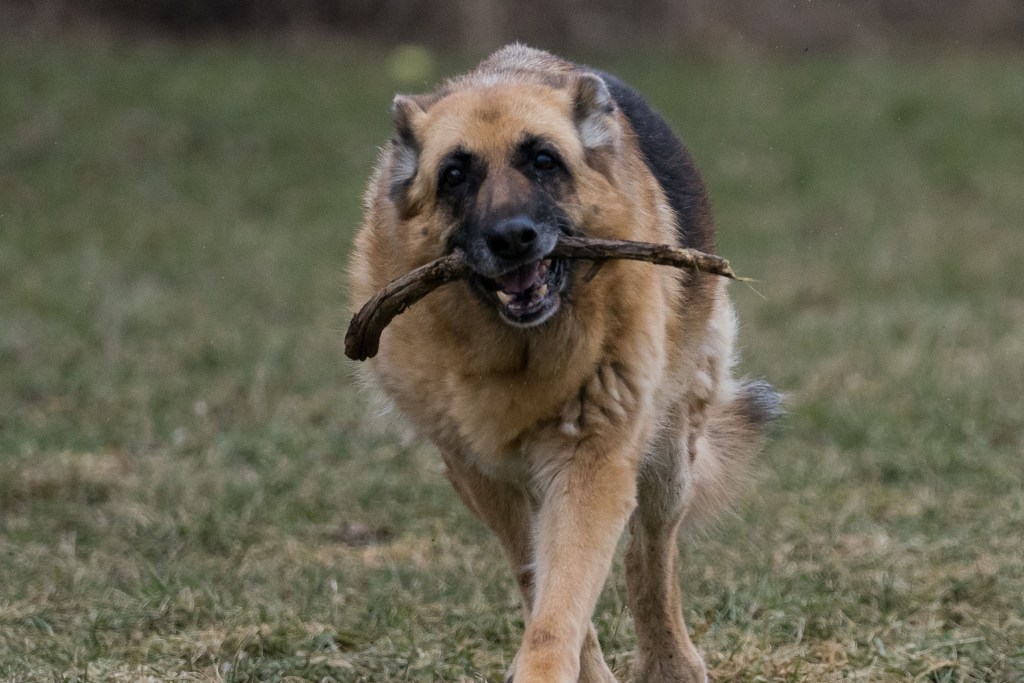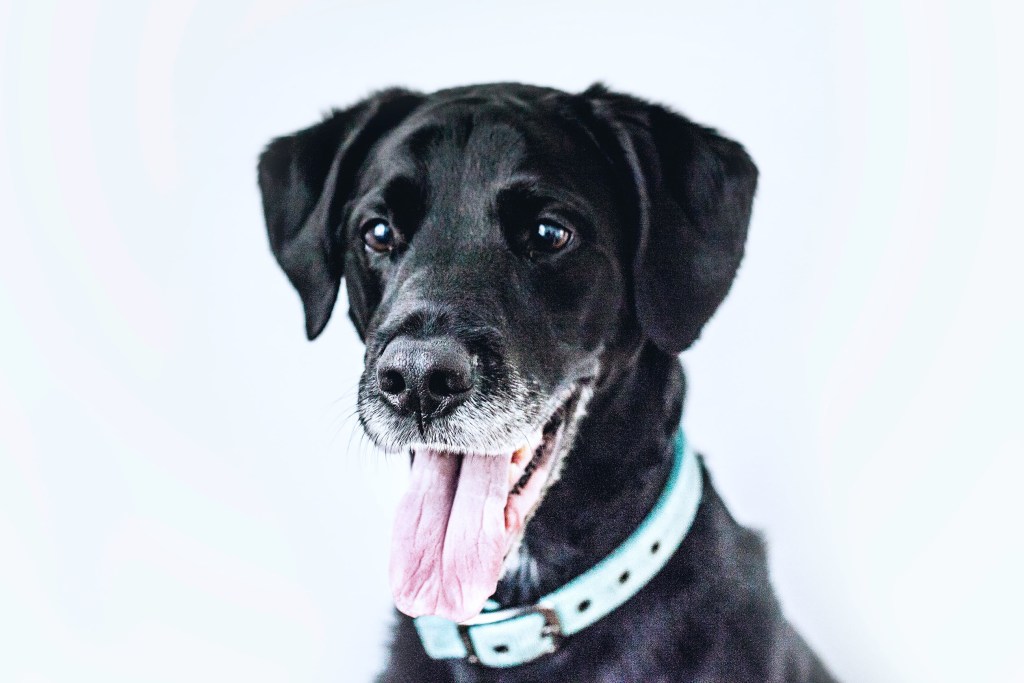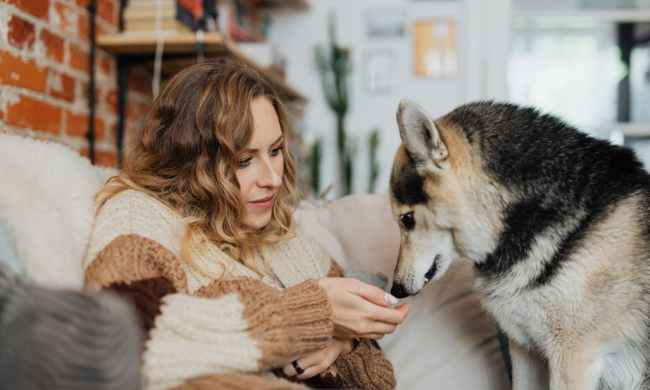Have you ever wondered if vitamins for an old dog are necessary? As your beloved dog ages, they’re bound to experience some of the inevitable health problems that come with age. Naturally, you want to do everything in your power to help them stay healthy for a long time to come. There are tons of products you can try to make your dog feel great, including supplements and vitamins. But does your pup actually need them? Keep reading to learn whether your senior pup would benefit from vitamins and which of the best supplements for older dogs you should try.

Do senior dogs need vitamins?
With so many types of supplements, and so much differing information available, it’s easy for pet owners to become overwhelmed. Read enough, and you may begin to worry that you’re not doing enough to keep your pet healthy. Truthfully, there is little cause for concern. If you are feeding your pet a quality brand of dog food, they are almost definitely getting enough of the nutrients their body needs. These food brands are formulated to contain all the basics that your pet needs. But still, dogs’ bodies change as they get older. Even with a complete, balanced diet, your pup can develop certain vitamin or mineral deficiencies, which can be remedied with the right supplements. Talk to your vet to determine if your dog’s dietary needs are being met by their current food.

Should older dogs take supplements?
Dogs go through a lot of physical changes as they age. Even if your pup is the picture of perfect health, when they get older their body will slow down, and its essential systems will become less efficient. The aging process can result in some entirely normal changes to their health. As their metabolism slows down and their muscle tone diminishes, your dog may start to gain weight. Their skin and coat may begin to thin. Your pup is also more susceptible to certain age-related diseases, including:
• Arthritis: stiffness and pain in the joints caused by wear
• Heart problems: these may include a heart murmur, cardiomyopathy, and congestive heart failure
• Incontinence: caused by weakness in the muscles around the urinary tract, bladder, and sphincter
While supplements alone cannot cure these ills, they can help manage their symptoms and alleviate your dog’s pain.

What vitamins should old dogs take?
Before giving your dog any new vitamins or supplements, discuss them with your veterinarian. Certain supplements can negatively interact with existing medications, causing more health problems than they solve. Or your dog simply may not benefit from a specific supplement. Depending on your senior pup’s diet and health, the vet may recommend one of the following common types of vitamins.
Multivitamins
No matter your dog’s age, vitamins help keep their skin and coat healthy, support cognitive function, and boost their overall health. Your dog’s food may provide the minimum daily dose of essential vitamins, but every dog’s body is different. The minimum may not be the optimal amount for your pup. A multivitamin contains a variety of vitamins and minerals that your dog needs, like calcium, iron, biotin, zinc, and copper.
Antioxidants
Antioxidants, like vitamin E and beta carotene, help support the immune system. They’re also essential for keeping your dog’s skin healthy, preventing premature signs of aging.
Acids
The vet may also recommend a supplement to provide amino acids or fatty acids. Glucosamine and chondroitin are two of the most frequently suggested vitamins for older dogs as they can help treat arthritis and other joint problems. Omega-3 fatty acids can limit inflammation and help treat medical conditions, including allergies, skin problems, and heart and kidney issues. Taurine can also support heart health, and choline assists the nervous system, heart rate, and breathing.
Digestive supplements
To maintain your dog’s digestive system, the vet may recommend a probiotic or digestive enzyme. Probiotics are good bacteria that exist naturally in the gut but diminish over time due to aging or medications. Digestive enzymes help the body absorb nutrients more easily, making digestion more efficient.
Your vet knows best
When making any health decisions about your dog, it’s always crucial to consult your vet first. This is especially true if you are considering vitamins for an old dog. While your heart is in the right place, many dogs, even older ones, have their nutritional needs met by their diets and don’t require additional supplements. The vet may recommend vitamins or supplements to treat a number of conditions your aging dog may experience, like joint or skin problems. When it comes to your senior dog’s health, you should always trust your vet’s expert opinion.



